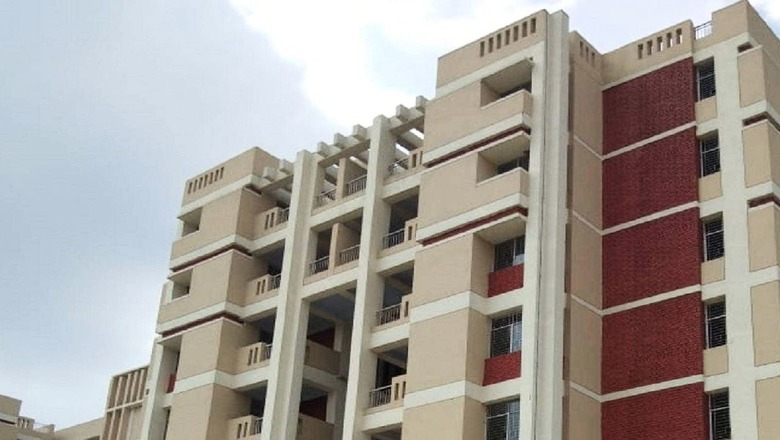
views
Unprecedented sales and launch momentum has been witnessed in the first half of 2022. Property prices have increased across most micro-markets and across segments due to record sales and developers’ decision to pass on rising construction costs to buyers, according to a joint report by real estate consultant CBRE and industry body CII. It, however, said monetary tightening by the RBI to tame inflation could raise financing costs.
“We are currently witnessing a fall in unsold inventory levels across most top cities of India, except a select few locations. The fall is attributed to robust sales despite steady new launches. As a result, inventory overhang at a pan-India level is at a six-year low, with average quarters to sell for projects falling from over 15 in 2017 to sub-9 levels in H1 2022,” the CBRE-CII joint report, titled ‘Indian Realty – Charting the growth roadmap for 2022′, said.
It added that appreciation in asset prices could be selective going forward. Asset prices have witnessed an uptick on account of strong momentum in sales as well as the developers’ decision to pass on the rising construction costs (on account of growing input and labour costs) to buyers.
On the investment in the realty sector, it added that enthused by the robust recovery of the real estate sector in India, investments in this space grew by 4 per cent Y-o-Y in H1 2022 to $3.4 billion. “The office sector dominated investment activity during the period with a share of 48 per cent; followed by development sites/ land at 33 per cent. What was notable was the significant improvement in investments in the retail sector, which accounted for 13 per cent of the total inflows in H1 2022 compared with 1 per cent in the entire 2021.”
On the flexible spaces, it said that in H1 2022, flexible space operators accounted for over six million sqft of office leasing activity in India. The need for agility is becoming far greater than ever before, as workforce behaviors have been transformed during the pandemic and likely would never return to pre-pandemic norms.
“As occupiers plan real estate portfolios amid such uncertainty, the inclusion of flexible spaces in these strategies is becoming ever more important. Therefore, companies that continue to adopt flexible spaces would be better positioned to reduce capex, avoid upfront fit-out costs, manage headcount volatility and implement hybrid working arrangements. As a result, we expect the flex stock in India to touch 80 million sq. ft. by the end of 2025,” the report added.
On the office space, the report said that as markets reopened across India, enquiries and inspections picked up pace and the quantum of RFPs across cities grew. This buoyancy was particularly visible in Q2 2022, which witnessed record leasing activity – space take-up grew by 220 per cent Y-o-Y in Q2 2022 to 18.2 million sqft.
“Overall, in H1 2022, 29.5 million sq. ft. of leasing activity was recorded, up 157 per cent Y-o-Y. Given the growth, we expect gross absorption to rise to the 53-57-million sq. ft. range by the end of this year, a revision from our previous growth prediction,” it said. Supply addition was recorded at 16.7 million sq. ft. in Q2 2022, a 64 per cent increase Y-o-Y.
On the industrial and logistics space, the overall leasing activity in 2022 is expected to remain range-bound at about 28-32 million sq. ft., a growth of up to 12 per cent on an annual basis. “We anticipate that this space take-up would be led by the continued expansion of 3PL, FMCG and manufacturing players against the backdrop of macro-economic recovery,” the report said.
Read all the Latest Business News and Breaking News here



















Comments
0 comment